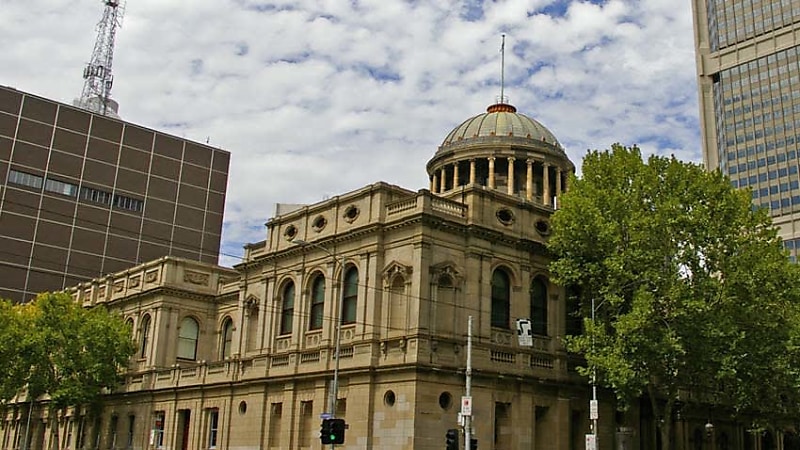Court reinstates SMSF corporate trustee in complex legal case
The Supreme Court of Victoria has made orders to reinstate the corporate trustee of an SMSF to enable the proceeds from a life insurance policy to be distributed.
In the matter of W & C Broadhurst Pty Ltd [2022] VSC 737 concerned an application to reinstate a company as trustee of an SMSF and whether a life insurance policy held by the SMSF constituted a ‘splittable payment’.
The corporate trustee company of the SMSF had been deregistered before the proceeds of a policy insurance policy became payable to the fund.
The deceased member in this case, Warren Broadhurst had previously been married to Cheryl Broadhurst but divorced a few years later.
Following the death of Warren, issues arose concerning who was entitled to the proceeds of a life insurance policy with MLC Insurance on the life of Warren, owned by W & C Broadhurst Pty Ltd, the trustee for the Broadhurst Super Fund.
The company is deregistered and the proceeds of the policy vested in the Commonwealth.
This case concerned a contest about who was entitled to the proceeds of the policy between Sarah Broadhurst, as the executrix of Warren’s estate and his former wife, the second defendant, Cheryl.
The Supreme Court of Victoria had to determine whether an order should be made to reinstate the company and whether a liquidator should be appointed to wind up the company.
It also had to determine whether an order should be made requiring the payment to Sarah, or in the alternative, equally to Sarah and Cheryl, of the sum of $434,109.38 being the proceeds of the policy.
Although the application was straightforward, the application raised a number of “legally complex issues”.
Justice Delany noted that the application of a liquidator to manage the proceeds of the policy and wind up the company is complicated by the provisions of the SIS Act that restrict the ability of a company that is being wound up to deal with superannuation assets.
While Cheryl was not opposed to the appointment of a liquidator as a concept, she outlined concerns in her submissions that upon the appointment of a liquidator or the making of an order to wind up the fund, the company would then become a disqualified person.
However, Justice Delany noted that the prohibition in section 126K in the SIS Act is only upon a person ‘acting’ as trustee.
“The appointment of [a] receiver is not an appointment for s 120(2)(b) purposes, but rather an appointment in respect of property beneficially owned by trust beneficiaries in respect of which the company, while legal owner, only has a limited beneficial interest,” he explained.
He concluded that s 120(2)(b) would not be engaged by appointing a receiver and manager of the fund assets.
Justice Delany ordered the reinstatement of the company and appointed a receiver for the company and the fund for the purposes of getting the policy proceeds.
He also determined that that the policy proceeds constituted a splittable payment and that upon the winding up of the company and the fund that each Sarah and Cheryl would be entitled to 50 per cent of the net policy proceeds.
Justice Delany stated that the fact that proceeds of the policy were to be dealt with under the fund rules as part of the reserve account did not remove or distinguish the proceeds of a lift insurance policy from being a superannuation interest of the deceased.
“Rather than constituting a separately administered asset, life insurance held by the company in its capacity as trustee is an intrinsic benefit available within the Fund for administration in accordance with the Fund Rules for use to pay or allocate to superannuation benefits,” he stated.
It was also determined that upon winding up the company and the fund and after payment of the receiver’s costs and remuneration, the money remaining would be paid equally to Sarah and Cheryl.








